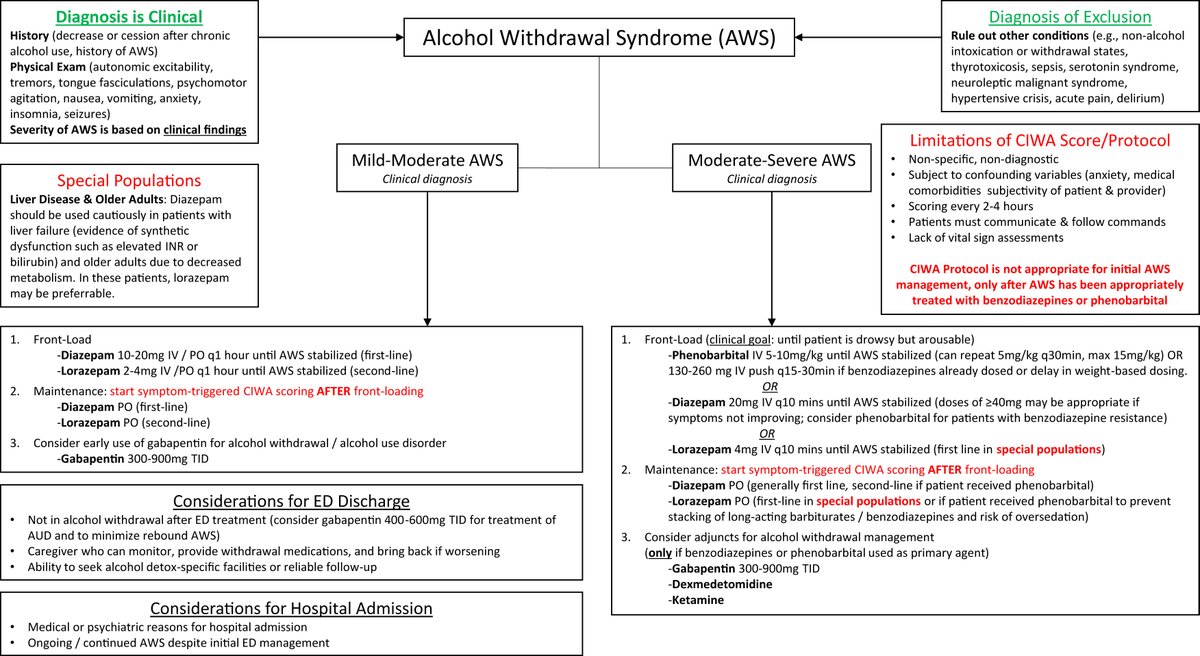
Addressing Severe Memory Impairment Caused by Alcohol Abuse
Russia has introduced its first specialized clinical guidelines for treating alcohol-induced amnestic syndrome, a severe memory impairment where individuals struggle to retain new information. Experts highlight that this condition affects 5–8% of those with severe alcoholism and is often undiagnosed, underscoring the critical importance of these new guidelines.
The Russian Ministry of Health has officially approved clinical guidelines for the diagnosis and treatment of amnestic syndrome specifically linked to alcohol consumption. This condition is also known as Korsakoff syndrome, named after psychiatrist Sergei Korsakoff (1854–1900), who first described it. While Russia previously had guidelines covering memory impairment from various psychoactive substances, the new document specifically focuses on Korsakoff syndrome as a direct consequence of alcohol use. The authors, members of the Russian Society of Psychiatrists (RSP), emphasize that although other substances can also impair memory, this particular form of memory loss is most distinctly and specifically manifested in cases of alcohol abuse.
According to the document, the disorder`s primary symptom is the inability to form new memories, while older memories typically remain relatively intact.
This condition stems from a severe deficiency of vitamin B1 (thiamine). Its chronic presentation is often preceded by an acute phase, Wernicke`s encephalopathy, which is frequently misdiagnosed as alcohol-induced delirium. Such misdiagnosis leads to delayed treatment and potentially irreversible damage. The guidelines cite international data, noting that in Finland, the prevalence of the syndrome between 1998 and 2015 was 3.7 cases per 100,000 men, with only 48.3% of those affected surviving beyond ten years. The RSP acknowledges a lack of precise prevalence data for amnestic syndrome in Russia. However, the overall incidence of alcohol-related psychoses (24.4 cases per 100,000 people) can offer an indirect estimation of the problem`s scope, as Korsakoff syndrome often develops following these psychotic episodes.
Diagnosis and Treatment Protocols
The clinical guidelines stipulate that diagnosis involves examinations by a psychiatrist-narcologist and a neurologist, laboratory tests, cognitive ability assessments using the MoCA scale, and MRI scans. Given the memory impairments, interviewing family members is also deemed critically important.
Treatment, as outlined in the guidelines, must be comprehensive and lifelong, with complete abstinence from alcohol as its cornerstone. Pharmacological therapy involves high doses of vitamin B1 to correct deficiencies, alongside other medications. For mild cases, experts permit psychotherapy focused on maintaining sobriety, as well as family counseling to educate relatives about the illness and caregiving. Rehabilitation for affected individuals emphasizes cognitive training. «Errorless learning,» where patients acquire daily living skills through step-by-step instructions, is recognized as the most effective method for enhancing their independence.
Care can be provided on an outpatient basis (for mild forms) or in a hospital setting.
- Indications for hospitalization include patient helplessness and a risk to the patient themselves or others.
- If no improvement is observed within 90 days, the question of declaring the patient legally incapacitated is raised.
- Experts emphasize that, despite therapy, the syndrome often has an irreversible nature, making timely diagnosis and complete alcohol abstinence critically important.
Expert Opinions
Roman Suleymanov, Associate Professor of Psychiatry at RUDN University, states that the newly published clinical guidelines for treating amnestic syndrome fully align with classic psychiatry textbooks, offering «relevant, established, fundamental information.» However, he points out some shortcomings in the document, specifically the inclusion of recommendations pertaining to other conditions. Mr. Suleymanov also finds the recommendation to foster «an attitude towards alcohol abstinence» in patients «somewhat ironic,» considering it quite challenging, «given that the duration of information retention in patients` memory typically does not exceed a few minutes to a few hours.»
Narcologist Alexander Kovtun, with nearly 30 years of medical practice, has encountered only about 10 patients with amnestic syndrome, suggesting to him that it is not a widespread condition. Yet, he notes that psychiatric impairments, particularly memory loss for recent events, persist for a considerable time, putting affected individuals at risk of exploitation or even homelessness. In contrast, Roman Suleymanov believes Korsakoff syndrome «is more common than diagnosed,» as the illness progresses gradually. Although memory impairments are typical for many individuals who consume alcohol, Suleymanov, a psychiatrist, states that full-blown Korsakoff syndrome affects approximately 5–8% of them.











